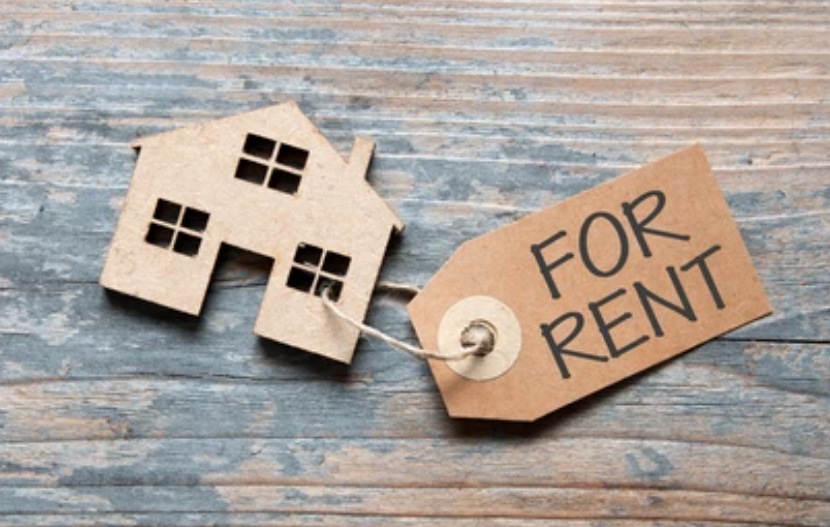Are you Self Employed or have Bad Credit? You may think you need a Hard Money Loan or Private Lending, but you may not. As long as your property is currently Owner Occupied, you may just need a Sub Prime or more accurately, a Non-Prime Mortgage Loan.
Are you Self Employed?
Are you not able to qualify for a mortgage because you don’t show sufficient income on your tax returns? Is your property currently owner-occupied or do you intend to occupy this property? Then you may qualify for a Non-Prime Mortgage Loan. The rates and fees may be higher than a Fannie Mae loan, but you don’t have to pay the cost of a Hard Money Loan. Even if your property is rented, and you want to get cash out of it for personal use, then you might qualify for a NonPrime Mortgage Loan.
Do you Have Bad Credit?
If you have had some credit challenges and need a little help to qualify. You may qualify for a Non-Prime loan even if you have had:
- Collection accounts
- Tax Liens
- Mortgage lates
- Bankruptcy
- Foreclosure
- Short Sale
As long as you occupy your property, or are buying a property to occupy, you may qualify for a Non-Prime Mortgage Loan and don’t need a Hard Money Loan.
What is the Difference Between a Hard Money Mortgage and a Consumer Mortgage?
Hard Money Loans:
Also referred to as “Business Purpose Loans”, are typically for homes that are rented out, or for any kind of commercial property. They typically have higher costs and fees than consumer loans. And although income is important to most investors to approve a loan, they typically look to the property to generate enough income to cover the monthly payments of interest, tax, insurance, and maintenance.
Sub Prime or Non-Prime:
This is a term for loan types that do not fit into the restraints of government lending standards known as Prime, Agency, or A-Paper Lending and defined as Qualified Mortgages.
These are considered consumer mortgages, and the consumer must have the ability to pay their mortgage.
This applies to owner-occupied homes. Additionally, if you have a rental property, but are refinancing your property to get cash out for consumer purposes, that is considered a consumer loan. Consumer purposes include, but are not limited to:
- Health care
- Personally incurred credit card debt
- Educational
- Auto for personal use
Some Exceptions to the Rules:
Sometimes the distinction between these two types of loans depends on other things. For example, in California, if you are selling your home, and need the proceeds to purchase a new home, and the term of the loan is less than one year, you are able to obtain a Hard Money type loan on your current home to Bridge the distance from one home to the other. Hence the term, “Bridge Loan”.
Keep in mind that the rules defining the difference between hard money and consumer loans differ from state to state.


